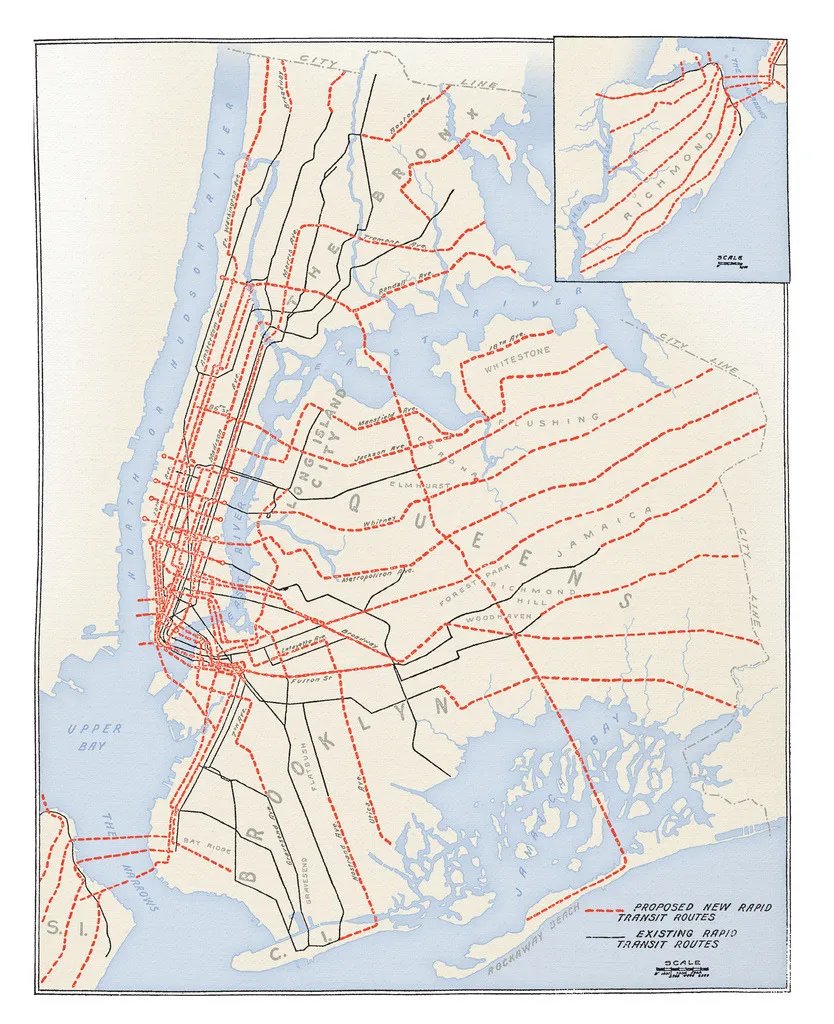
Thinking about the idea of “living in harmony with nature.”
I tend to 🙄 at this as a romanticization of nature. But there is a sense in which it is a very important goal!
The challenge is that we have to achieve harmony with nature *unilaterally*.
I tend to 🙄 at this as a romanticization of nature. But there is a sense in which it is a very important goal!
The challenge is that we have to achieve harmony with nature *unilaterally*.
Nature is not even *trying* to live in harmony with us. Nature is completely blind and indifferent to us.
Any “harmony” has to be created by us and us alone.
Any “harmony” has to be created by us and us alone.
There are two ways to do that: we can adapt our ways to nature, or we can *make* nature adapt to us.
(There is no opportunity for persuasion, negotiation, or mutual understanding.)
(There is no opportunity for persuasion, negotiation, or mutual understanding.)
The “wizards” (techno-optimists) and the “prophets” (enviro-pessimists) *might* actually agree on the above.
They differ on how much we can successfully and sustainably make nature adapt to us, and therefore on how much we must adapt to it instead.
They differ on how much we can successfully and sustainably make nature adapt to us, and therefore on how much we must adapt to it instead.
The defeatist view is that any time we make nature adapt to us, we're sort of cheating and it's unhealthy/unsustainable. This view always defaults to giving up on such pursuits and adapting our way of life instead.
You can also err in the other direction, complacent optimism: blindly assuming we can successfully adapt nature to ourselves in any given case.
Better to be realistic about our problems without giving up on solving them—a view I've termed “solutionism.” technologyreview.com/2021/07/13/102…
Better to be realistic about our problems without giving up on solving them—a view I've termed “solutionism.” technologyreview.com/2021/07/13/102…
But—is there even a real distinction between adapting ourselves to nature vs. adapting nature to us? Which are we doing when we vaccinate ourselves against diseases? When we fertilize and irrigate our crops?
Even to command nature requires obeying it.
Even to command nature requires obeying it.
In the end, whether you see an action as adapting nature or adapting ourselves, we are meeting nature *somewhere* in the middle—finding an intersection between the desired and the possible—and it is our agency that initiates and guides the action.
The only difference is one of degree: how much of what we want (food, shelter, comfort, safety, entertainment, connection, etc.) can we actually achieve?
“Adapting ourselves to nature” just means we give up a lot of what we want and settle for something less. “Adapting nature to ourselves” means we achieve more of what we want.
In my view we should never attempt more than is truly possible (which will backfire or break down), but we should also never settle for less than is possible.
The wizard/prophet difference ultimately is one of temperament: deep convictions, a worldview that guide one's intuitions and assumptions about what is possible.
But to the extent that we agree that we want a healthy, sustainable, enjoyable life for human beings, then ultimately how much of that is possible (and for how many humans) ought to be a matter of demonstrable fact. Wizards and prophets should be able to debate on common ground.
(Except to the extent that we *don't* agree on this end goal as common ground—to the extent that the prophets have turned against humanity, seeing us as “a plague upon ourselves and upon the Earth”.)
• • •
Missing some Tweet in this thread? You can try to
force a refresh






